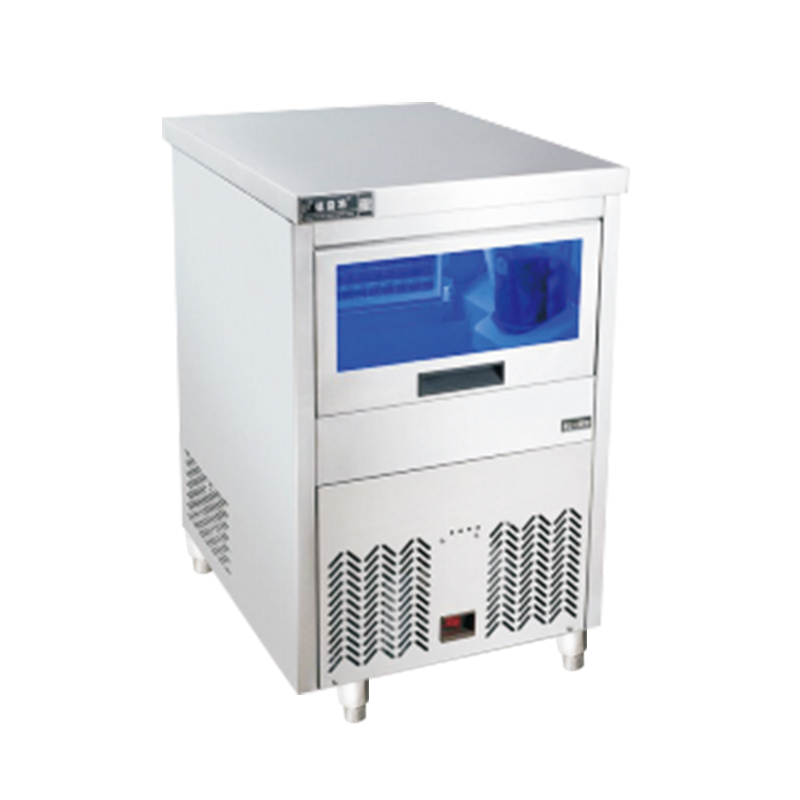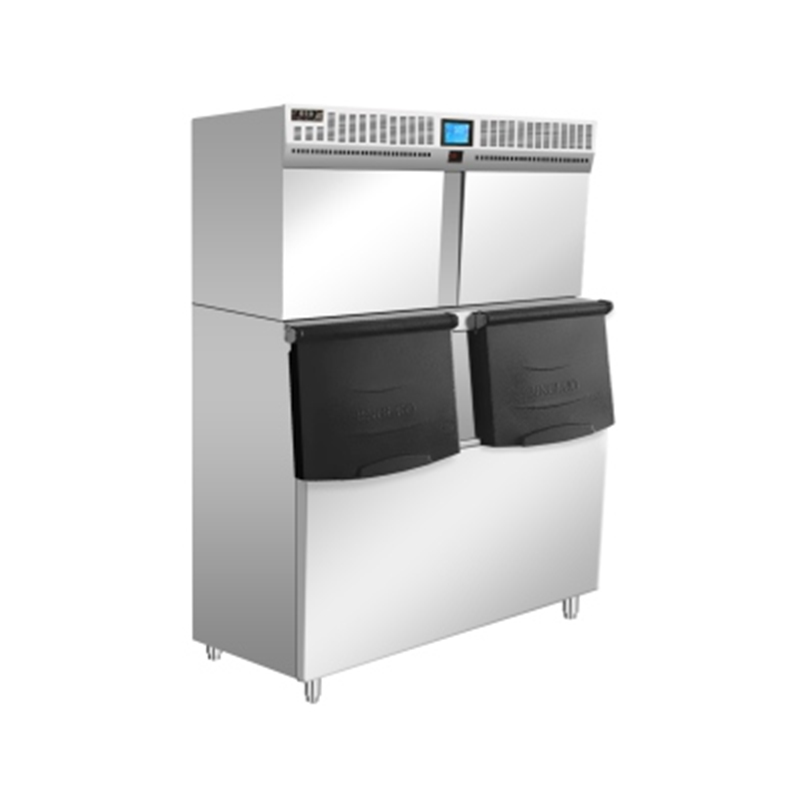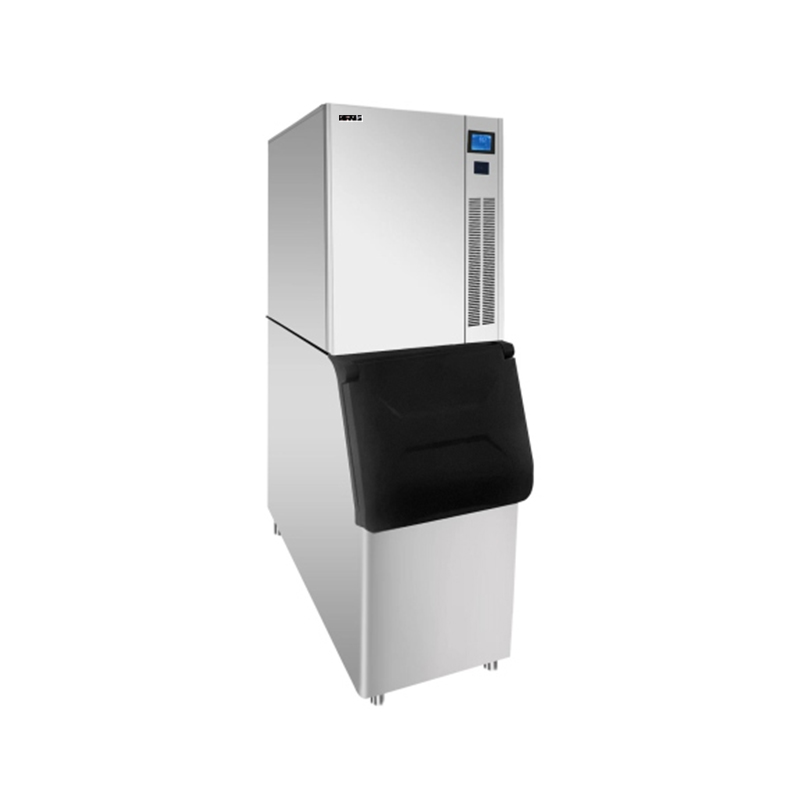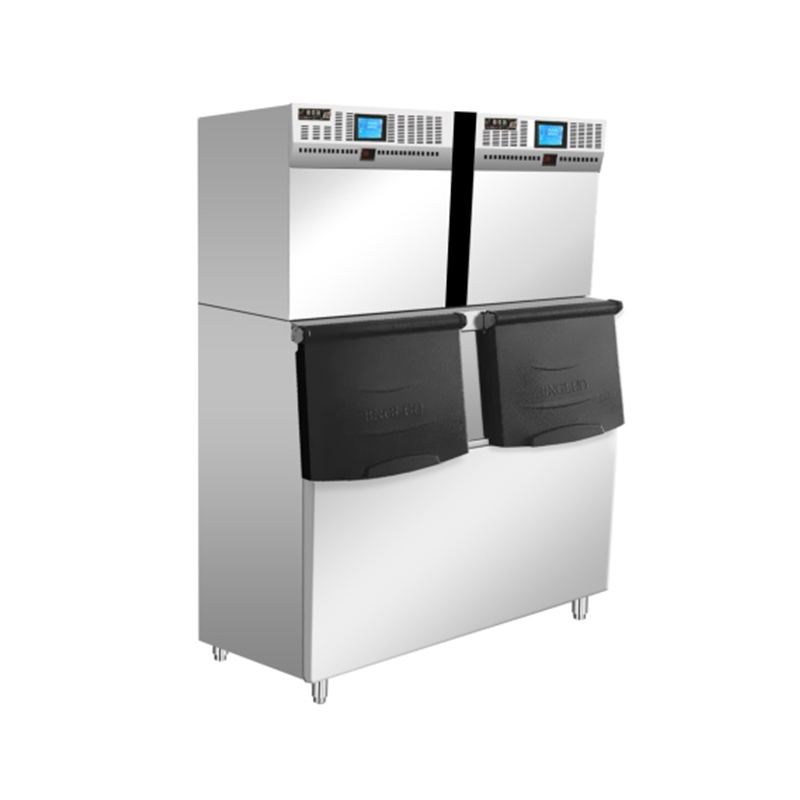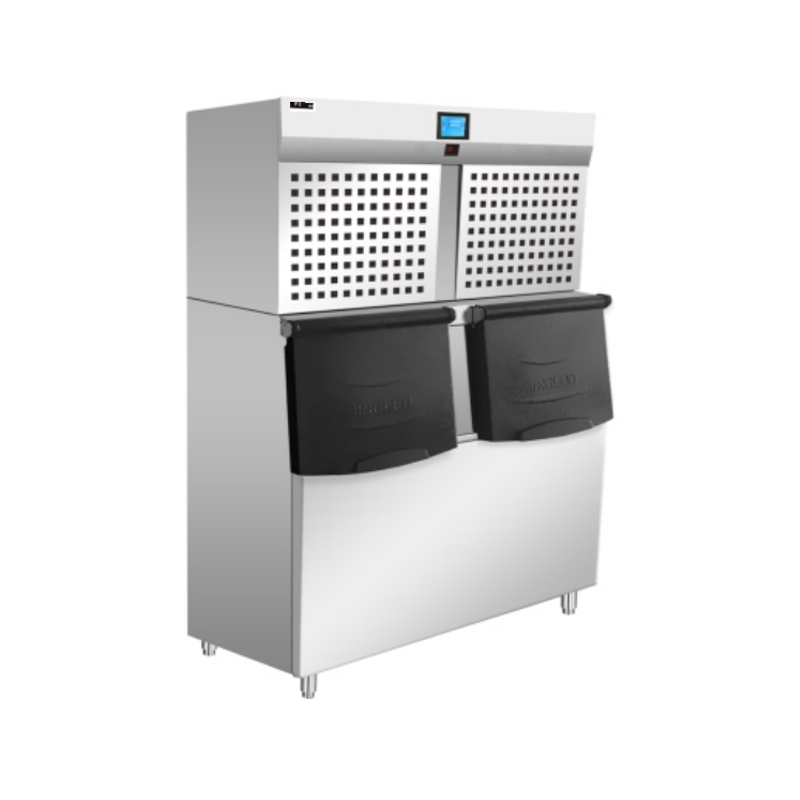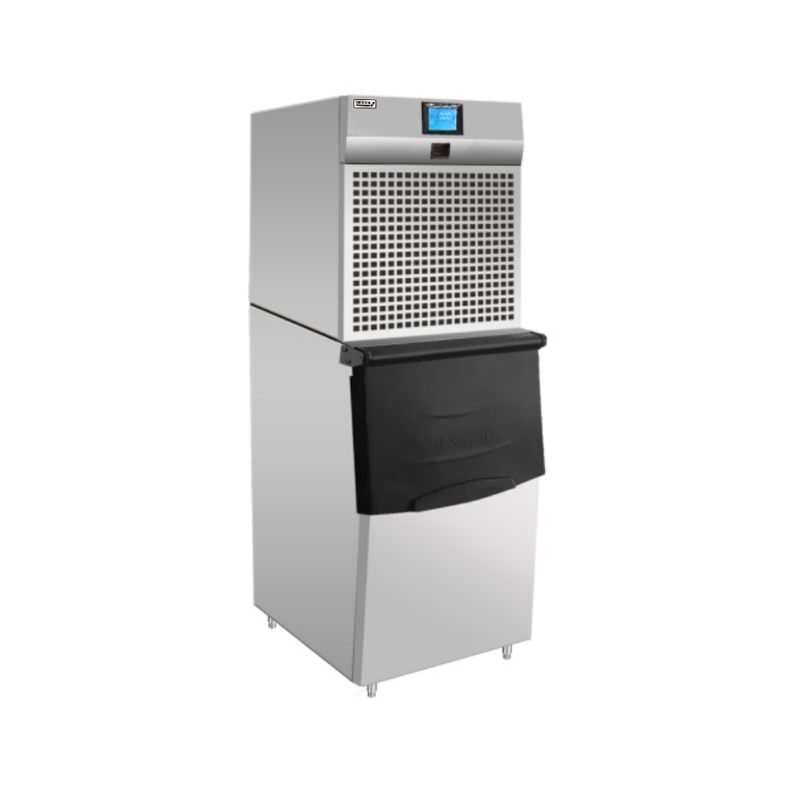2025-07-16
What are common issues with commercial refrigerators?
1. Inconsistent Temperatures
One of the most frequent and concerning problems with commercial refrigeration units is the inability to maintain consistent temperatures. This can manifest as temperatures that are too high, too low, or fluctuate wildly.
-
Causes:
-
Dirty Condenser Coils: These coils dissipate heat from the refrigerant. When covered in dust, dirt, or grease, they can't effectively release heat, causing the compressor to work harder and temperatures to rise.
-
Faulty Thermostat: A malfunctioning thermostat will not accurately read the internal temperature, leading to incorrect cooling cycles.
-
Low Refrigerant Levels: Leaks in the system can lead to insufficient refrigerant, which is essential for the cooling process.
-
Blocked Airflow: Overpacking the refrigeration appliance, blocked vents, or obstructed evaporator coils can impede air circulation, creating warm spots.
-
Worn Door Gaskets: Cracked or worn door seals allow cold air to escape and warm air to enter, making the unit work harder to maintain temperature.
-
2. Excessive Frost Buildup
While some frost is normal, excessive ice accumulation, particularly on the evaporator coils or inside the chiller cabinet, indicates a problem.
-
Causes:
-
Malfunctioning Defrost Heater: The defrost heater melts frost at regular intervals. If it fails, ice builds up.
-
Faulty Defrost Timer: The timer controls the defrost cycles. If it's not working correctly, the unit won't defrost when it should.
-
Open Doors or Damaged Gaskets: Similar to temperature inconsistency, allowing warm, humid air into the unit through open doors or leaky seals introduces moisture that freezes.
-
Clogged Drain Line: Melted frost needs to drain away. A clogged drain line can cause water to refreeze, leading to ice buildup.
-
3. Strange Noises
Commercial coolers and freezer units are designed to operate relatively quietly. Unusual noises can be an early indicator of mechanical issues.
-
Causes:
-
Failing Fan Motor: A squealing, grinding, or buzzing noise often points to a worn-out or failing evaporator or condenser fan motor.
-
Compressor Issues: Clicking, rattling, or excessively loud humming from the compressor can signal a problem with the compressor itself, motor mounts, or internal components.
-
Loose Components: Vibrations can loosen screws or parts, leading to rattling or buzzing sounds.
-
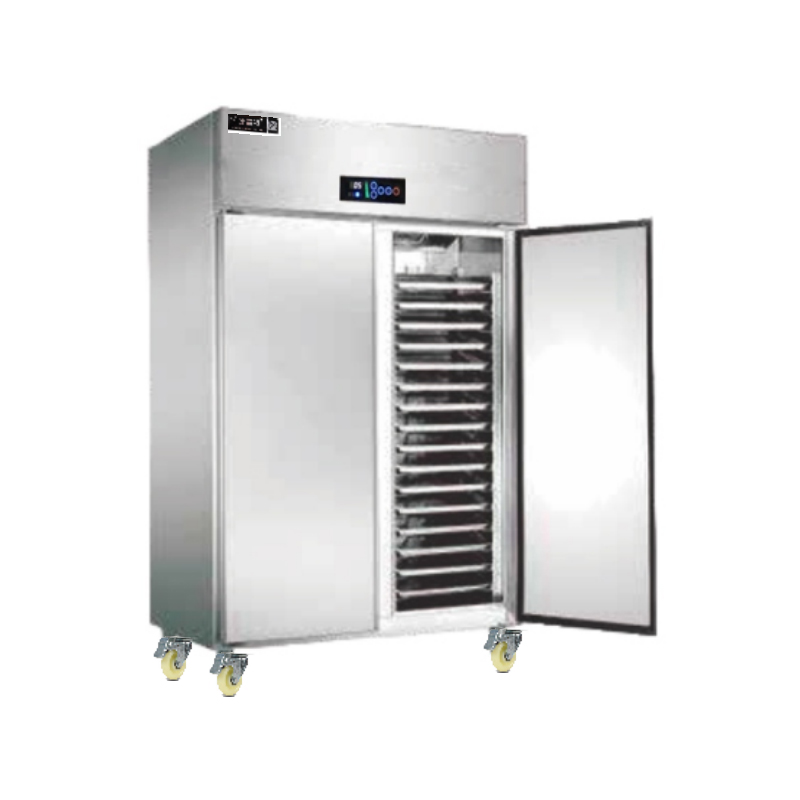
4. Leaks or Puddles
Finding water around your commercial refrigerator is a clear sign of a problem and should be addressed immediately to prevent slips and potential damage to flooring.
-
Causes:
-
Clogged Drain Line: As mentioned, a clogged defrost drain line will cause water to back up and overflow.
-
Cracked Drain Pan: The pan that collects defrost water can crack, leading to leaks.
-
Excessive Condensation: High humidity combined with poor door seals or constant opening can lead to excessive condensation that the drainage system can't handle.
-
Refrigerant Leaks: While not water, refrigerant leaks can sometimes appear as oily residue around the system components.
-
5. Unit Running Constantly
A commercial refrigeration system should cycle on and off to maintain temperature. If it runs continuously, it indicates inefficiency and potential underlying problems.
-
Causes:
-
Dirty Condenser Coils: The unit works harder to dissipate heat, leading to extended run times.
-
Low Refrigerant: The system struggles to achieve the set temperature with insufficient refrigerant.
-
Thermostat Malfunction: The thermostat may be incorrectly signaling that the unit needs to cool, even when the temperature is adequate.
-
Poor Insulation or Damaged Door Seals: Cold air escaping forces the compressor to run more often to compensate.
-
6. Power Issues
Problems with power can prevent the commercial-grade cooler from turning on or operating correctly.
-
Causes:
-
Tripped Circuit Breaker: Overloaded circuits or electrical shorts can trip the breaker.
-
Faulty Outlet or Wiring: Damaged electrical outlets or internal wiring can prevent power from reaching the unit.
-
Compressor Overload Protector: This safety device can trip if the compressor is overheating or drawing too much current.
-
Regular maintenance is key to preventing these common issues and extending the lifespan of your commercial refrigeration equipment. Keeping condenser coils clean, checking door seals, and addressing minor problems promptly can save businesses significant money and headaches in the long run. When in doubt, consulting a qualified refrigeration technician is always recommended for complex repairs.

 English
English русский
русский Español
Español عربى
عربى